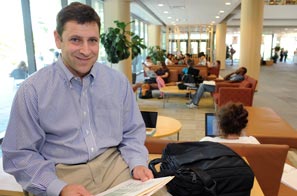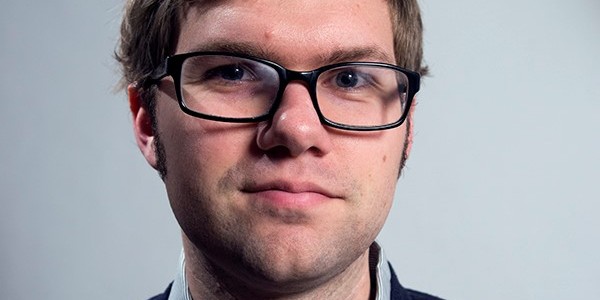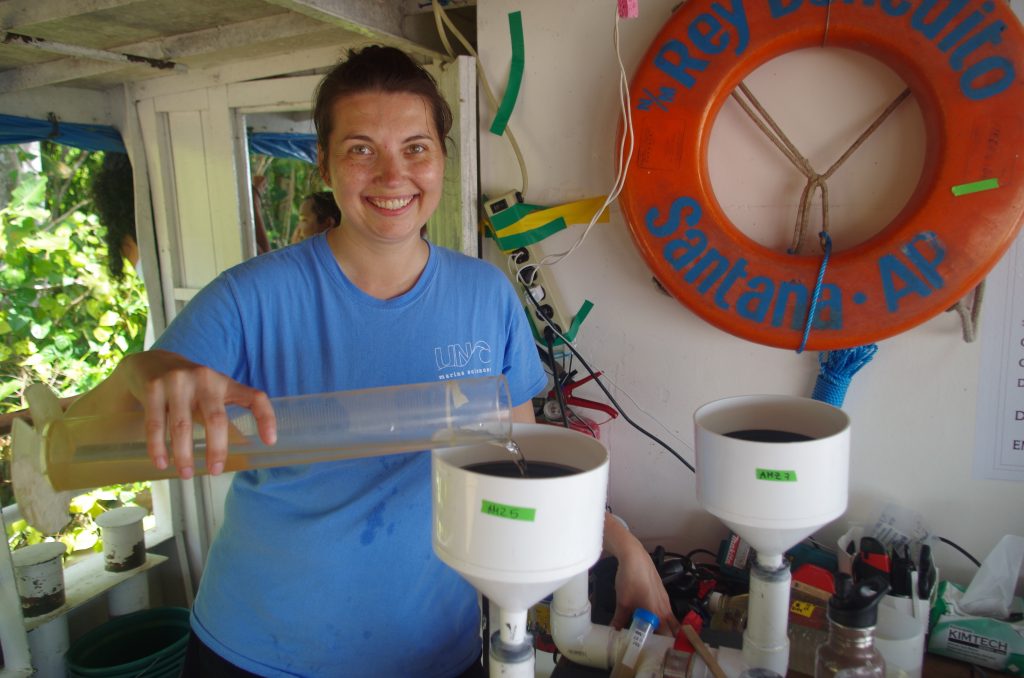
U.S. foreign policy and Mexico’s “drug war,” an economically competitive South and the skills of Latino workers top the list of projects identified by the six 2011-2012 fellows selected for the Global Research Institute at the University of North Carolina at Chapel Hill. Three of the new fellows are in the College of Arts and Sciences.
The fellows are the second cohort to receive research support from the institute. Their projects fit within the broad two-year theme of the research program, which addresses the current economic climate in North Carolina, how globalization has impacted business in the state, and policies that will allow the state to move toward recovery and greater stability in a global marketplace.
This year the focus within the theme is on immigration. Global Research Institute fellows will contribute to the development of policy recommendations that will keep North Carolina competitive on a national and global level. Research fellows are in residence for one or two semesters.
The research fellows in the College are:
- Daniel Gitterman, senior fellow. An associate professor of public policy, Gitterman’s research interests include the U.S. welfare state and politics of social policy, and the political economy of globalization and labor standards. Gitterman authored “Boosting Paychecks: The Politics of Supporting America’s Working Poor” (Brookings Institution Press, 2010) and has published widely on the politics of globalization and labor standards. During his fellowship, Gitterman is leading “A Way Forward: Building a Globally Competitive South,” a report addressing issues such as providing a nationally competitive education for all students; preparing a flexible, globally competitive work force; increasing the economic development role of higher education; increasing the South’s capacity to generate and use technology as well as implement new economic development strategies; and understanding the demographics shifts, including immigration, facing the region.
- Ted Mouw. An associate professor of sociology, Mouw’s research interests include labor markets, immigration and social networks. He is currently working on three projects on Latino immigration to the United States. The first considers the impact of immigration on the wages and employment of native workers using longitudinal data on earnings and geographic location from 1996-2008 for all private sector workers in the U.S. The second is a study of the social networks that connect Mexican immigrants in the U.S. to their communities of origin. And the third is a study of trends in Latino migration to “new destination” areas in the southeastern U.S., using data from the American Community Survey.
- Nichola Lowe. An assistant professor in city and regional planning, Lowe’s work focuses on regional economic and labor market adjustment, industrial upgrading and workforce development. Her research examines how policy interventions guide the development of the knowledge economy in more socially inclusive ways. In North Carolina this includes coordinated efforts by the state that result in jobs in biopharmaceuticals for displaced textile, tobacco-processing and microelectronics workers and in the process encourage greater skills transference between the traditional and emerging industrial base. She also has an interest in the skills transfer of Latino immigrant construction workers. She is working in collaboration with Natasha Iskander, a fellow and assistant professor of public policy at New York University, to determine how institutional differences across local labor markets that shape how Latino immigrants apply and continue develop skills.
Read more about the fellows.




